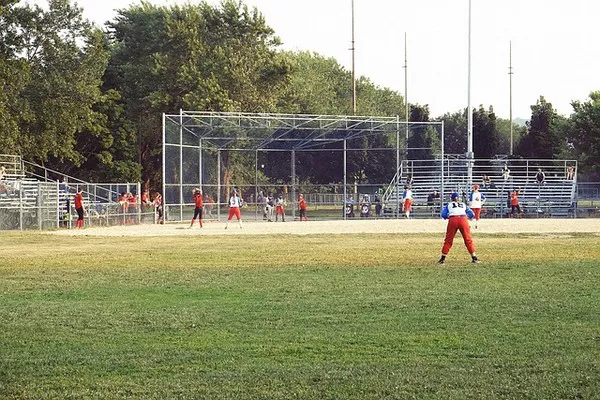In the realm of Major League Baseball (MLB), the format of playoff series has long been a subject of discussion among fans, analysts, and players alike. Central to this debate is the optimal length of playoff series—specifically, whether a best-of-five or best-of-seven series format best captures the essence and excitement of postseason baseball. Each format has its own merits and drawbacks, impacting the dynamics and strategy of playoff matchups. Let’s delve deeper into this ongoing discussion to explore the nuances of these playoff series lengths and their impact on the sport.
The Case for Best-of-Five
A best-of-five series is characterized by its compactness and rapid pace. In this format, teams have less margin for error, adding an element of urgency from the outset. With only a few games to decide the winner, each matchup carries significant weight, intensifying the drama and suspense. The shorter series can also lead to more varied strategies, as teams must quickly adapt and make decisive moves to gain an advantage.
Advocates of the best-of-five format argue that it ensures a thrilling and focused postseason experience. The condensed nature of the series demands that teams showcase their best talent immediately, minimizing the possibility of drawn-out, one-sided matchups. This format is particularly favored for the early rounds of playoffs, where efficiency and excitement are paramount.
Moreover, a best-of-five series can be more forgiving in terms of player fatigue and injury risk. The shorter duration means less wear and tear on players, which could be beneficial in a sport as physically demanding as baseball.
The Case for Best-of-Seven
On the other side of the debate, proponents of the best-of-seven series emphasize the importance of thoroughness and fairness in determining the better team. A longer series provides more opportunities for teams to showcase their depth, resilience, and skill across various games. It also allows for greater strategic adjustments and momentum swings, adding layers of complexity to the matchups.
In a best-of-seven format, teams have the chance to recover from early setbacks, making the series less susceptible to being decided by a single fluke game or moment. This extended format is often seen as a more comprehensive test of a team’s capabilities, especially in later playoff rounds where the stakes are higher and competition is fiercer.
Furthermore, a best-of-seven series tends to favor teams with greater depth and consistency over the course of multiple games. It rewards sustained excellence and provides a more accurate reflection of which team is truly superior.
The Impact on Strategy and Momentum
The length of a playoff series significantly influences the strategies employed by teams and managers. In a best-of-five series, teams may be more inclined to rely heavily on their top starting pitchers, as every game is critical and there’s less room for error. Bullpen usage can also be more aggressive, with managers quick to make changes to gain any advantage.
Conversely, in a best-of-seven series, teams have the luxury of pacing themselves more strategically. Starting rotations can be optimized for the long haul, and bullpen management may be more conservative, prioritizing rest and recovery.
Momentum also plays a crucial role in longer series. A team that gains an early advantage in a best-of-seven format might have a greater psychological edge, knowing they have more games to solidify their position. Conversely, a team that falls behind early can still mount a comeback with a series of strong performances.
Fan Engagement and Television Ratings
The format of playoff series can also impact fan engagement and television ratings. Shorter series tend to be more intense and fast-paced, appealing to viewers who enjoy high-stakes, high-energy matchups. On the other hand, longer series provide more opportunities for fans to invest emotionally in the narrative of the playoffs, fostering deeper connections with the teams and players involved.
Television networks and advertisers may have their own preferences based on ratings and advertising revenue. Longer series potentially offer more broadcast opportunities and sustained viewer interest, while shorter series concentrate excitement into a shorter timeframe.
See Also Can You Play Baseball Without a Bat?
Conclusion: Finding the Ideal Balance
In the end, the debate over best-of-five versus best-of-seven playoff series in baseball is not easily settled. Both formats offer unique advantages and challenges, impacting the sport in different ways. The ideal balance likely depends on the specific stage of the playoffs, the competitive landscape of the teams involved, and the broader goals of the league in terms of entertainment and fairness.
For early-round matchups, a best-of-five series can provide thrilling, high-intensity contests that keep fans on the edge of their seats. As the playoffs progress to the later rounds, transitioning to a best-of-seven format allows for a more comprehensive examination of each team’s championship credentials.
Ultimately, the debate underscores the rich complexity of playoff baseball and the importance of finding a format that maximizes excitement while ensuring a fair and rigorous test of skill. Whether best-of-five or best-of-seven, the drama and magic of postseason baseball remain a cherished tradition, captivating audiences with each pitch and swing.


